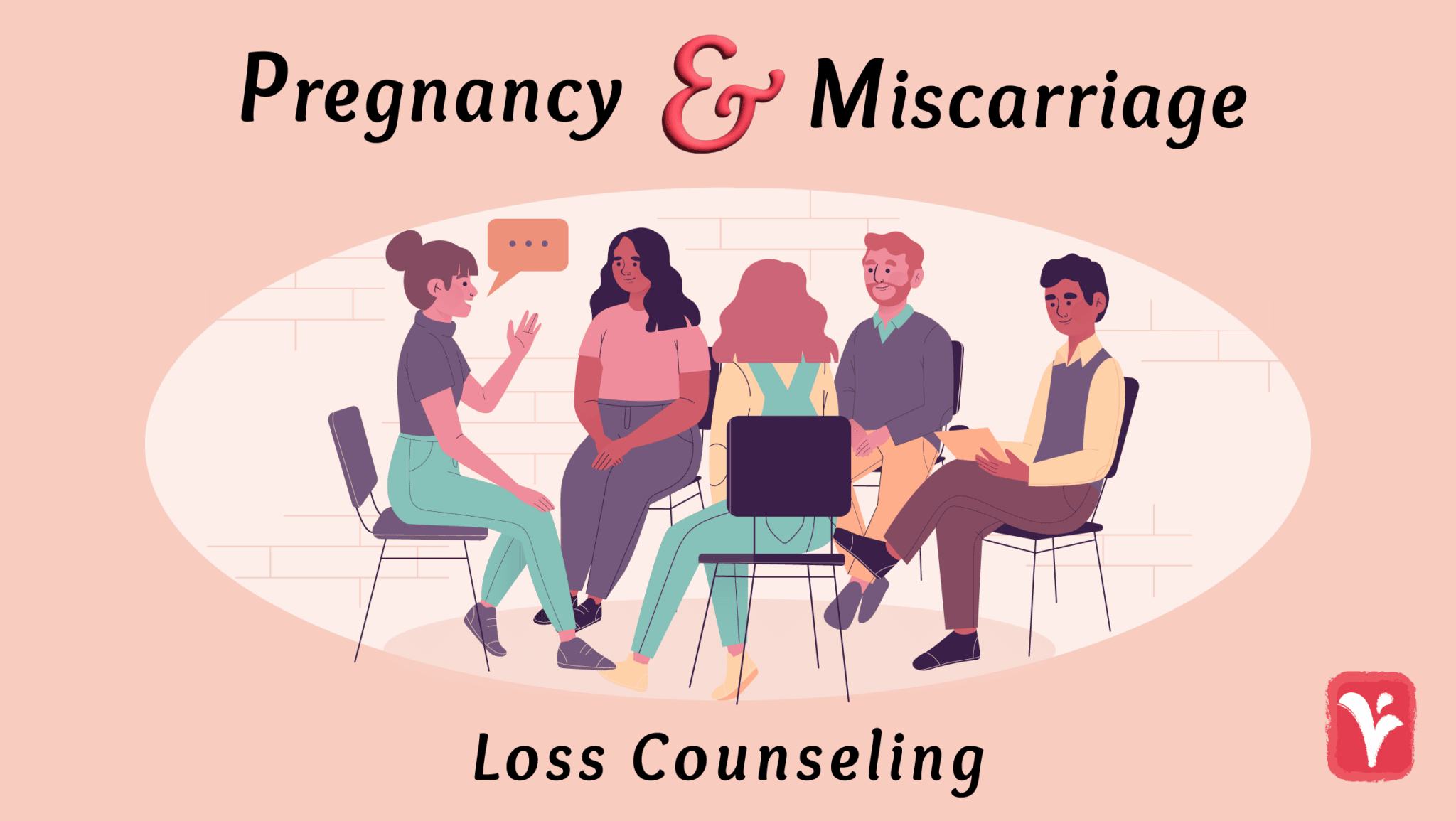While pregnancy loss is more common than you might think, it can be an excruciating time. According to March of Dimes, 10-15% of pregnancies in America end in miscarriage. However, this number could be underestimated because many miscarriages occur before people find out they are pregnant. While it’s likely you can get pregnant after experiencing a miscarriage, this knowledge does not take away the emotional toll a miscarriage can have.
At Austin Women’s Health Center, we know how distressing a miscarriage can be. And while you may physically be healthy, the emotional toll of a miscarriage can leave people suffering in silence. It’s okay to talk about it, feel it, and know that your grief is valid. Prioritizing your healing can help you get through this difficult time.
We provide early diagnosis of miscarriage and loss. Because miscarriage can be a devastating time, we also offer grief and pregnancy loss counseling as a part of our Early Pregnancy Assesment Clinic.
What To Expect After A Miscarriage
A miscarriage is a pregnancy loss that occurs before 20 weeks; most miscarriages happen before the 12th week of pregnancy. While certain risk factors are involved, a miscarriage is never your fault.
No two people have the same emotional reaction to loss, but people typically report a range of feelings after miscarriage, such as shock, grief, failure, guilt, relief, numbness, emptiness, loss of control, anger, and feeling alone. Periods of depression and anxiety after a miscarriage are also common.
You might physically recover from a miscarriage in a few weeks or a month, but it can take longer to start feeling okay emotionally. One study notes that periods of intense emotional distress after a loss can last for several months and persist for several years. The same study found that nearly 20% of people who have experienced a miscarriage were symptomatic for depression and anxiety afterward.
After a miscarriage, it’s common to experience fatigue, brain fog, difficulty sleeping, loss of appetite, and difficulty maintaining relationships.
Experiencing a miscarriage causes a unique type of grief. It can be helpful to know that there are people who get it, and we are here to provide compassionate support.
Support and Self-care Ideas After A Miscarriage
While every pregnancy loss is different, there are several resources and healing modalities that can help people cope.
See a grief and loss counselor
Seeing a provider who specializes in working with those who have had similar experiences can be helpful. You don’t have to try and teach someone what you’re going through and can expect compassionate support and valuable tools to help you move forward.
Commemorate the loss however you see fit
For some people, commemorating their loss with a ritual, outing, or physical item can help make the grief of a pregnancy loss feel less invisible. Some people plant trees or visit locations that feel meaningful to them, like the ocean.
Talk about it with empathetic loved ones
Talking about a miscarriage can feel challenging. People don’t always get the specific grief you’re enduring and might say the wrong thing. Opening up to trusted loved ones can help you feel less alone.
Attend a support group
It may feel challenging to get back to everyday life after a miscarriage. Connecting with others who are experiencing a similar range of emotions can help you remember that other people get it.
Prioritize your self-care
After a miscarriage, ramping up your self-care practices can help to ensure that you’re supporting yourself. Staying hydrated, getting proper rest even if it’s hard to sleep, eating well, and getting light exercise, such as a walk or stretching, is essential for endorphins that can help boost your mood.
How To Support a Loved One Who Has Experienced a Miscarriage
The shock and trauma of miscarriage can impact all family members, so learning how to support one another without blame, is critical. Before offering advice, keep the following pointers in mind when helping a loved one who has recently gone through a loss.
- Don’t offer unsolicited advice about your experience with pregnancy, fertility, or birth.
- Give people permission to talk and feel their feelings without trying to make them better or change their experience.
- Offer to cook a meal or take care of their other children for an afternoon.
- Check in on friends and loved ones frequently, especially those who may have preexisting depression or anxiety.
- Treat the miscarriage with care and sensitivity, regardless of whether you think the person is okay.
- Avoid minimizing statements such as “at least the loss happened early!” or “at least you can try again in the future”
Resources
Finding online communities with people who have endured similar experiences can help you feel less alone.
- Postpartum Support International provides a helpline for support, several groups, and other helpful resources like discussion tools for parents.
- Pregnancy loss support for LBGTQ+ parents Many miscarriage conversations exclude LGBTQ+ families; Return to Zero is changing that through therapy and specific resources tailored to LGBTQ+ families.
- Sisters in Loss This resource is for Black women who have endured a loss. The site works to replace silence around pregnancy loss with storytelling.
While many can get pregnant again after a miscarriage, another pregnancy will not erase the grief of a prior miscarriage. It’s essential to take adequate time to process and grieve. Taking the space you need before trying to get pregnant again is vital.
Miscarriages impact partners, too. Talking, listening, and processing complicated or painful emotions together can help a relationship work through the loss.
Remember, your grief is valid and real, and healing is possible. At AWHC, we are committed to offering support for however you may be feeling during this time.
